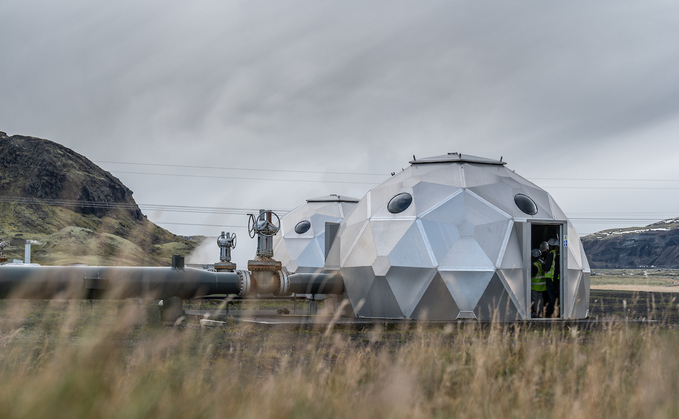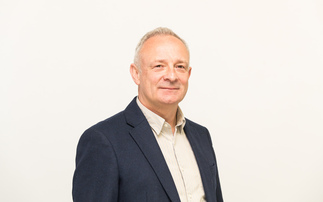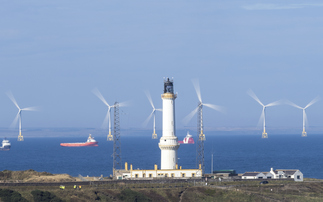
Sigurður Ólafur Sigurðsson
In part two of a series looking at Icelandic clean energy innovation, BusinessGreen explores mooted plans to turn emissions produced by plants across Europe into Iceland's bedrock
Iceland's position as one of the world's leading clean tech hubs has been driven by a combination of political choices, supportive policies, and the geological accident that has blessed it with some of...
To continue reading this article...
Join BusinessGreen
- Enjoy exclusive news, insights and analysis from Europe’s leading source of information on the green economy and business.
- Make smart, responsible business decisions with an eye on the latest regulatory and tech development
- Tap into our extensive archive of exclusive articles, news, analysis and guide
- Access to our new BusinessGreen intelligence service, providing you with
- > Exclusive in-depth case studies
- > Policy briefings, white papers and reports on market trends that are shaping the direction of the net zero transition
- > Our overnight briefing, expertly curated help you run a competitive and sustainable business
- > Online and interactive meetings with BusinessGreen’s editors to discuss the crucial stories and trends from the past month
Choose the membership package that's right for you and your organisation, via our 3 membership levels.







